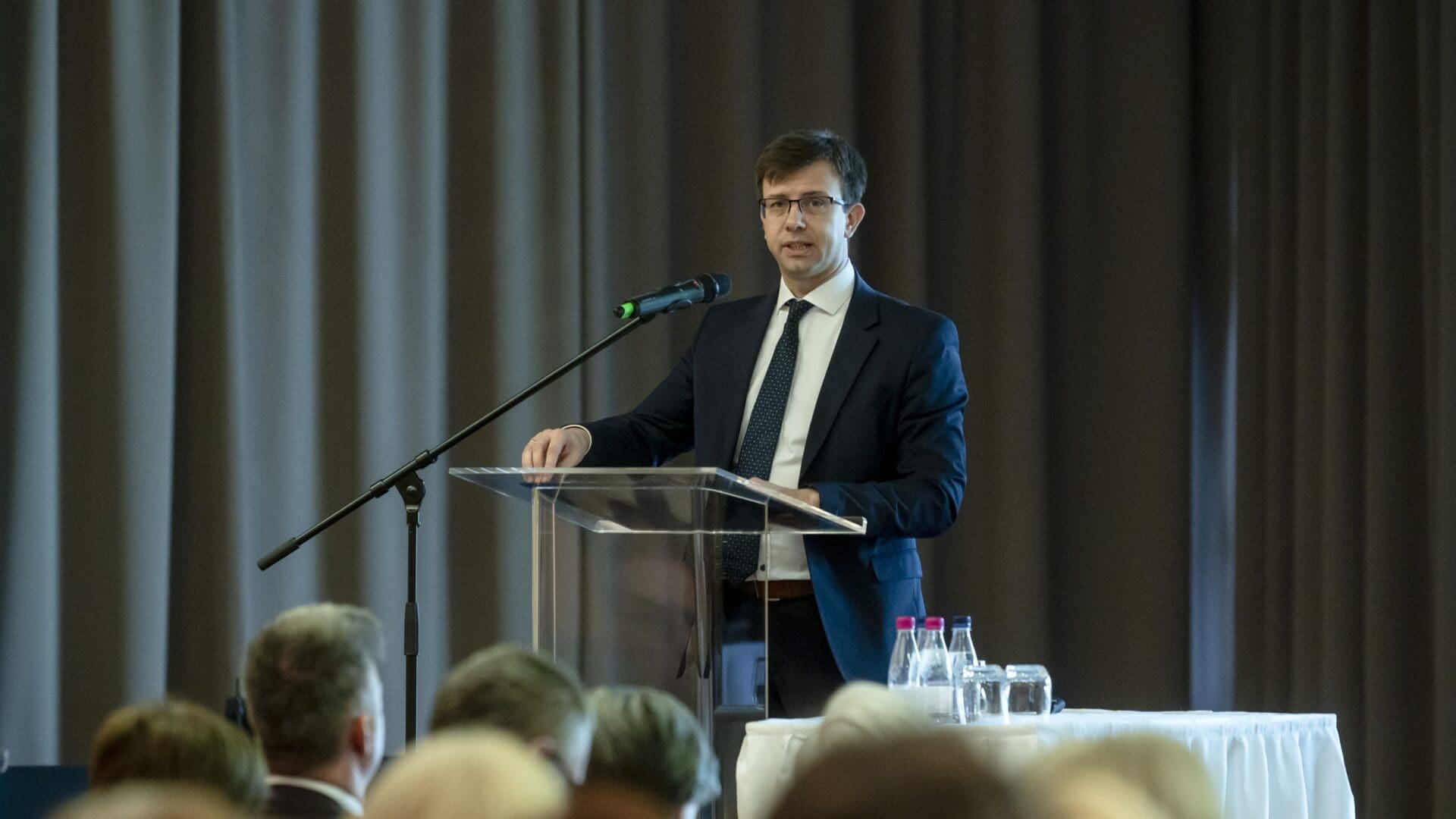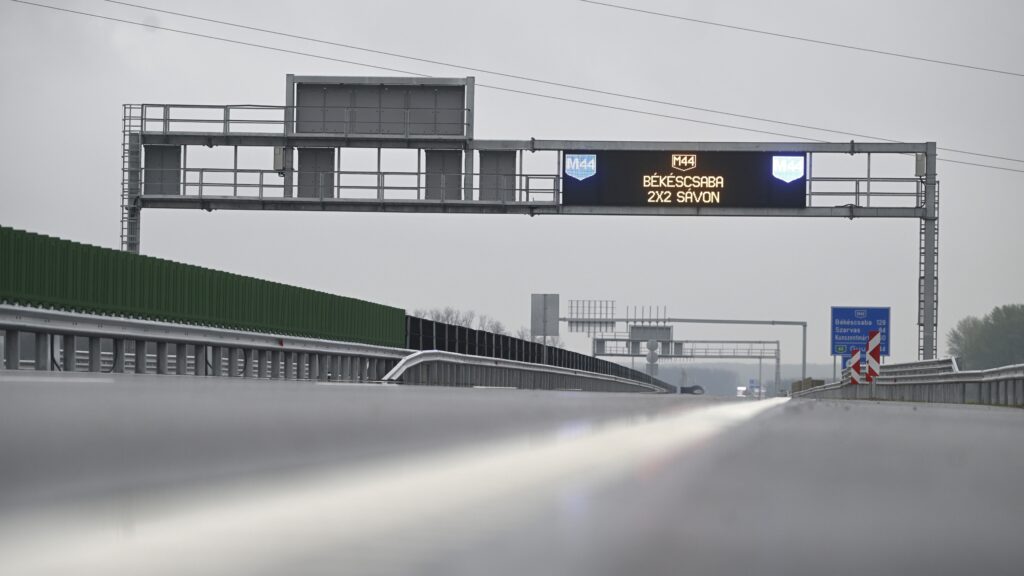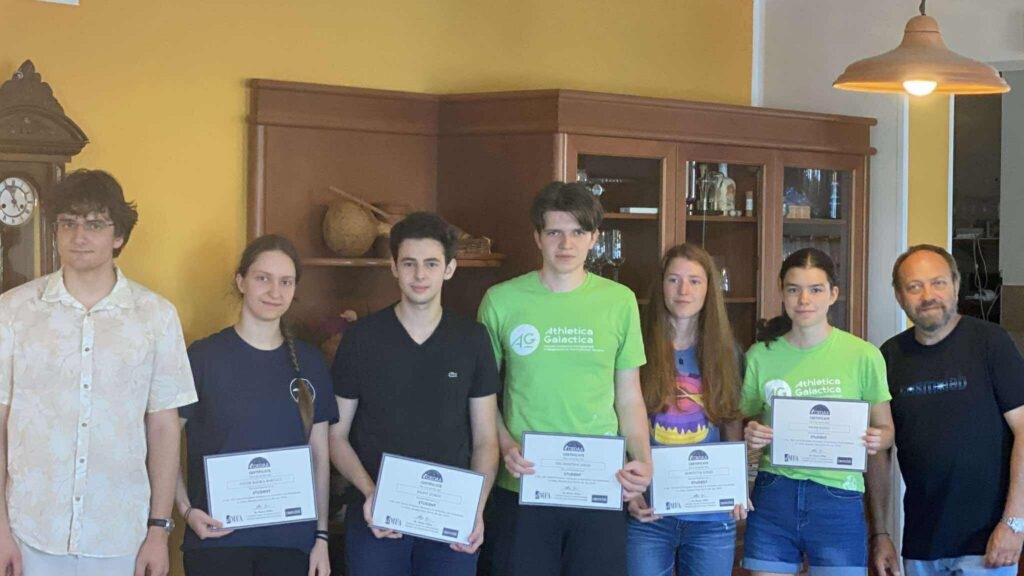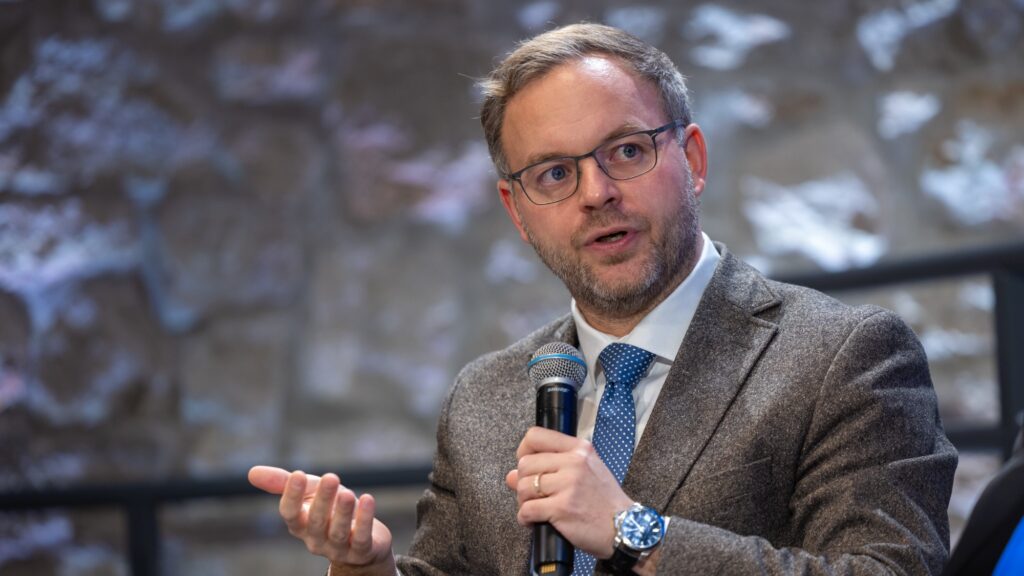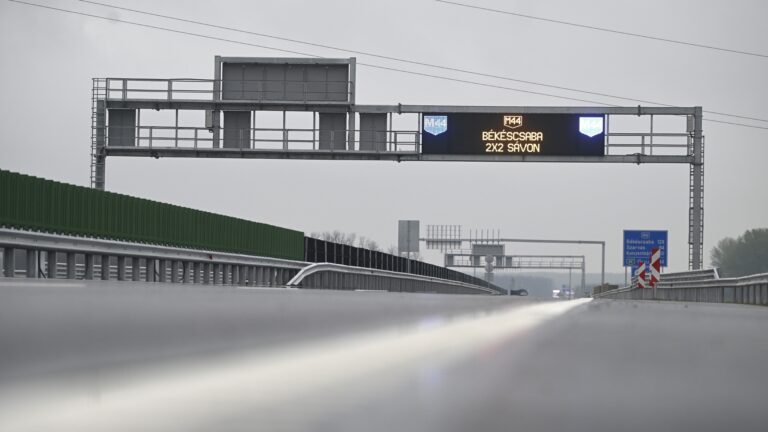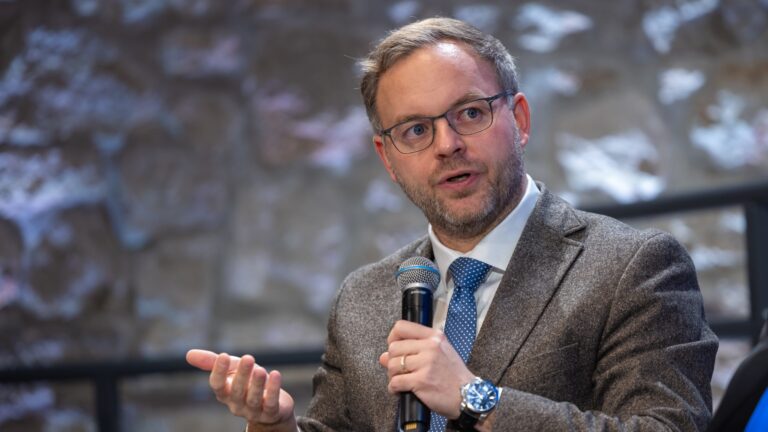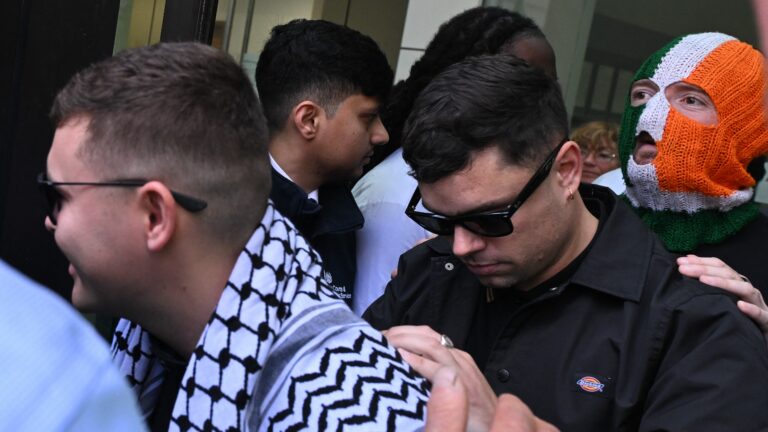‘It is important that the Hungarian community is strongly represented in the European Parliament to be elected in June, and that Hungarian representatives from various countries continue to collaborate on strategic issues,’ State Secretary for European Affairs János Bóka stated on Wednesday in Bucharest, after meeting with the leading candidates for the European Parliament elections of the Democratic Alliance of Hungarians in Romania (RMDSZ) Gyula Winkler, Loránt Vincze, and Dóra Szilágyi
Speaking to the Hungarian media after the meeting, Bóka evaluated that the past five-year institutional cycle has been fundamentally marked by failures in the European Union, which faced numerous historical challenges to which it failed to provide adequate responses. He emphasized challenges such as the continuous decline in the EU’s competitiveness, the ongoing migration crisis, and the shortcomings in the EU’s defence capabilities and agricultural policy. The goal of the Hungarian EU presidency will be to find common solutions to these shared challenges. ‘In the European Union, change is needed, but this change will not happen on its own. We need to contribute to this change by voting for political forces in the European parliamentary elections that represent the voice of reason in the European Union,’ warned the minister. He added that it is also crucial for the Hungarian community to maintain a strong representation in the European Parliament. Therefore, he encouraged the Hungarian community in Transylvania to ensure a strong RMDSZ representation in the European Parliament elections on 9 June, alongside the local elections.
Bóka noted that the cooperation among Hungarian representatives in the European Parliament has been successful so far, and in the next institutional cycle, there will be issues of policy for Hungarian communities abroad and national strategy where this cooperation will be crucial. ‘
One such issue is the representation of traditional national minorities and linguistic communities in the European Union.
We see that despite strong initiatives in the past institutional cycle, including the Minority SafePack initiative within the framework of the European Citizens’ Initiative, no breakthrough has been achieved during this period. I trust that in the upcoming institutional cycle, the voice of reason will prevail in the European Union, and this value, which is a European value, will be reflected in the functioning of European institutions,’ János Bóka pointed out. He revealed that during the discussion with RMDSZ’s EP list leaders, they also addressed issues related to nature conservation and wildlife management regulations concerning large carnivores, which, in his opinion, do not take into account changes in circumstances. ‘For the European Union, it is essential to adjust these rules to reality, taking into account both the interests of the local communities and the economic aspects. The Commission has initiatives in this regard, but we believe that these initiatives do not go far enough; they do not address the problems experienced in Transylvania, especially concerning bears. The Hungarian presidency will continue to promote these initiatives and work to broaden their scope,’ the minister argued.
RMDSZ’s MEP candidate for another term Loránt Vincze stressed after the meeting that the EP elections and the subsequent institutional transformation are extremely important for the European Union, and it is a particular opportunity for Hungary to assume the presidency during this period. He mentioned that during the meeting in Bucharest, they received assurances from Bóka that the Hungarian EU presidency will support the establishment of a legal framework for the protection of indigenous languages and cultures, as well as discussed policy priorities such as agricultural subsidies, the bear issue, and Romania’s full Schengen accession.
‘For us, Hungary, the Hungarian government, and Fidesz are strategic allies. Of course, it is a common interest to have as many MEPs as possible from the national side in Brussels, and RMDSZ wants to contribute to this with two or three MEPs; this is important for our entire nation,’ RMDSZ’s MEP underscored.
Related articles:

